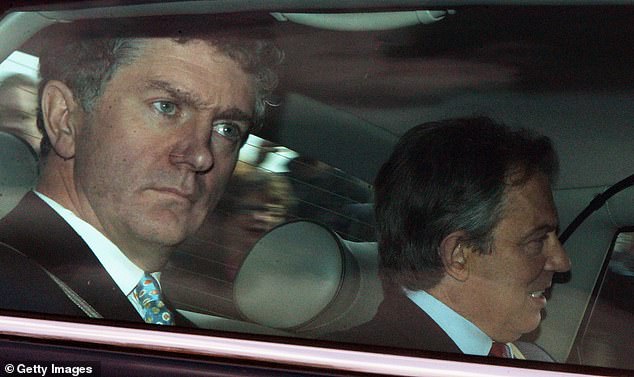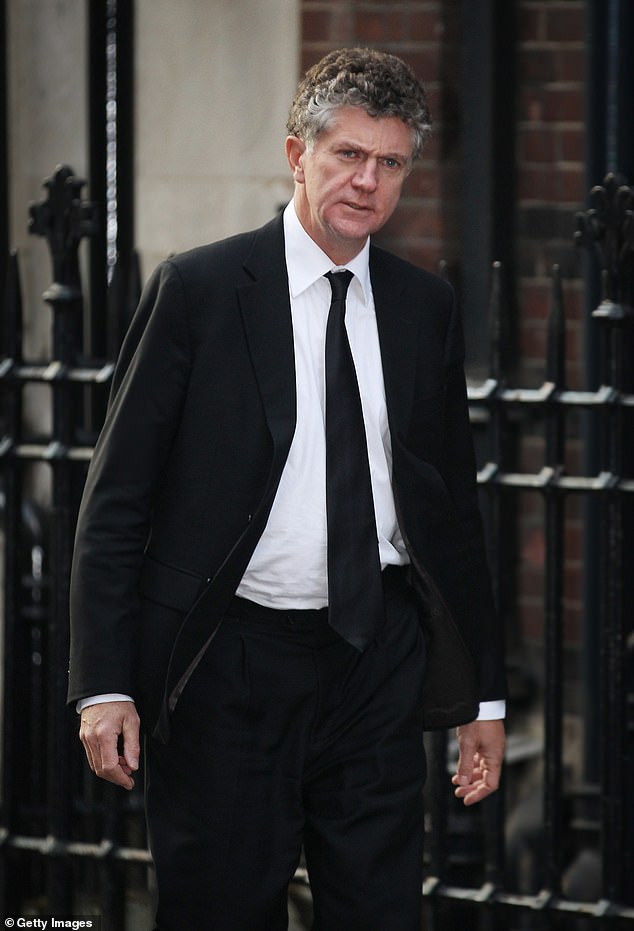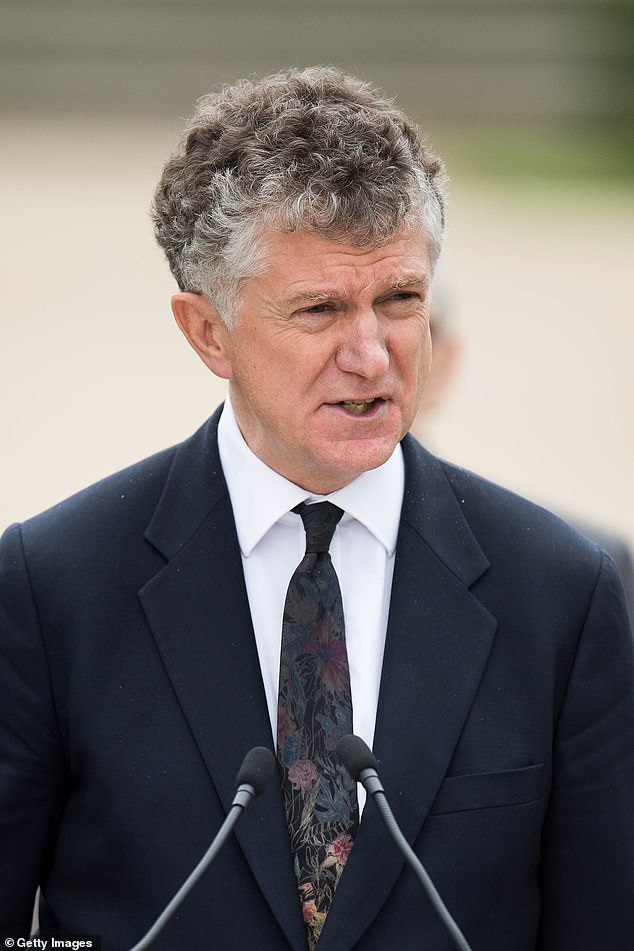Jonathan Powell was slinking through the shadows of diplomatic life when he was talent-spotted by Tony Blair and given unprecedented power as his chief of staff.
While the majority of Mr Blair’s inner circle fell away over the ensuing 12 years – the victims of scandal, fatigue or in-fighting – Mr Powell stayed firmly by the Prime Minister’s side until they both left Downing Street in 2007.
His presidential-style job title carried with it the new, and arguably unconstitutional, right to issue orders to civil servants, and brought him into frequent contact with Peter Mandelson, now the UK Ambassador to Washington.
The two men are the real forces in British diplomacy, with Foreign Secretary David Lammy reduced to an effectively ceremonial role.
Both Mr Powell and Lord Mandelson have formidable private networks they are able to mobilise. In Mr Powell’s case, as we report today, he founded an organisation, Inter Mediate, which is paid by Mr Lammy’s department to carry out off-the-books diplomacy with rogue states.
Oxford-educated Mr Powell, 68, is the son of Air Vice-Marshal John Frederick Powell. He was described as an ultra-Left ‘Maoist’ at his private school. In stark contrast, his brother Charles, now 84, was foreign policy adviser to Margaret Thatcher when she was Prime Minister – and is the only one of four siblings to pronounce the family name to rhyme with ‘pole’ rather than ‘towel’.
Jonathan Powell’s early career in the Foreign Office took him to Lisbon, Stockholm and the spies’ nest of Vienna towards the end of the Cold War. He was posted to the British Embassy in Washington in 1991 and caught Mr Blair’s eye after introducing him to Bill Clinton.
Mr Powell’s time as part of the ‘sofa Government’ with spin chief Alastair Campbell ranged from the highs of the Good Friday Agreement in 1998 to the lows of the Iraq War and the publication of the ‘dodgy dossier’ justifying military action on the grounds that Saddam Hussein possessed Weapons of Mass Destruction.

Jonathan Powell (left) was slinking through the shadows of diplomatic life when he was talent-spotted by Tony Blair (right) and given unprecedented power as his chief of staff

In his early career in the Foreign Office, Powell (pictured) went to Lisbon, Stockholm and the spies’ nest of Vienna towards the end of the Cold War. He was posted to the British Embassy in Washington in 1991 and caught Mr Blair’s eye after introducing him to Bill Clinton

Mr Powell’s time with spin chief Alastair Campbell (left) ranged from the highs of the Good Friday Agreement in 1998 to the lows of the Iraq War and the publication of the ‘dodgy dossier’ justifying military action on the grounds that Saddam Hussein possessed Weapons of Mass Destruction
Mr Powell’s central role in the fiasco was revealed with the later release of an email he sent to John Scarlett, the chairman of the Joint Intelligence Committee in September 2002, which appeared to suggest that the language used in an early version of the dossier should be toughened up.
Writing five days before the dossier appeared, Mr Powell asked: ‘What will be the headline in the Evening Standard on the day of publication? What do we want it to be?’
After leaving No 10, Mr Powell spent a year as a banker at Morgan Stanley before returning to diplomacy as the UK special envoy to Libya in 2014.
Then, last year, he was appointed as Sir Keir’s special envoy to resolve the Chagos archipelago sovereignty dispute. His solution was to recommend we hand it over, lock stock and barrel, to Mauritius.

Last year, he was appointed as Sir Keir’s special envoy to resolve the Chagos archipelago sovereignty dispute. His solution was to recommend we hand it over, lock stock and barrel, to Mauritius
Since taking up his job as Sir Keir’s National Security Adviser – controversially as a political position, rather than as a civil servant, as was previously the case – Mr Powell has used his experience to tutor the Prime Minister in how to handle Donald Trump and Vladimir Putin, and to explain the complexities of the Middle East.
He has also shuttled between London and Kyiv to try to broker a ceasefire in the Russian-Ukraine war.
But some within Downing Street are growing increasingly wary about the influence of these smooth Blairites. In addition to Lord Mandelson and Mr Powell, there is Liz Lloyd, Mr Powell’s deputy in No 10 during the Blair era, who is Sir Keir’s director of policy delivery.
At what point, they wonder, does ‘experience’ and ‘guidance’ become ‘control’?












